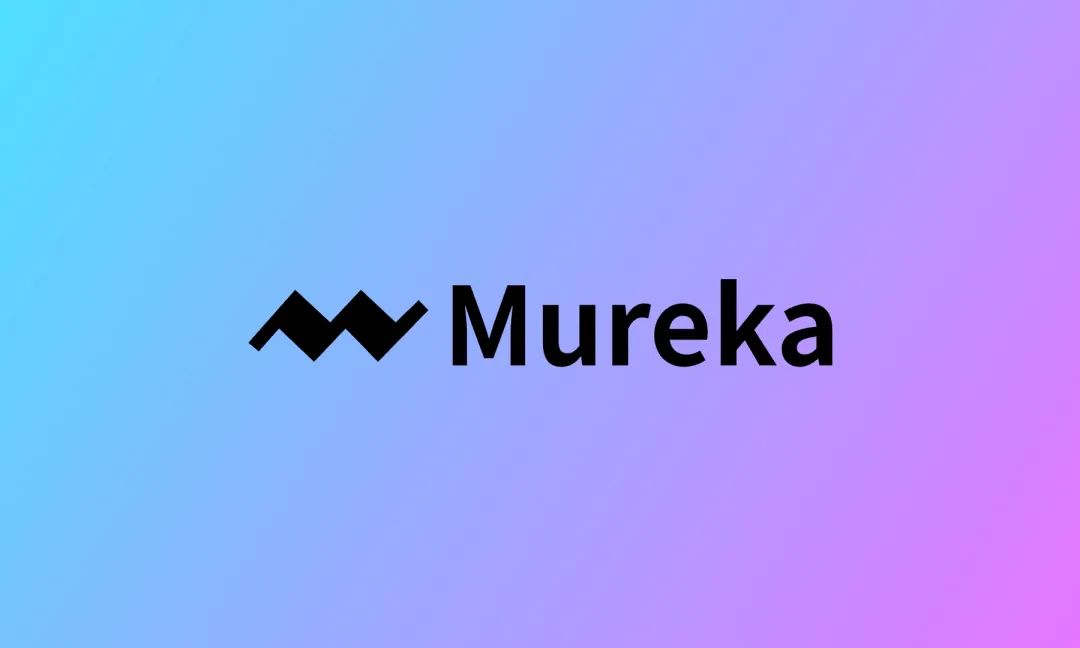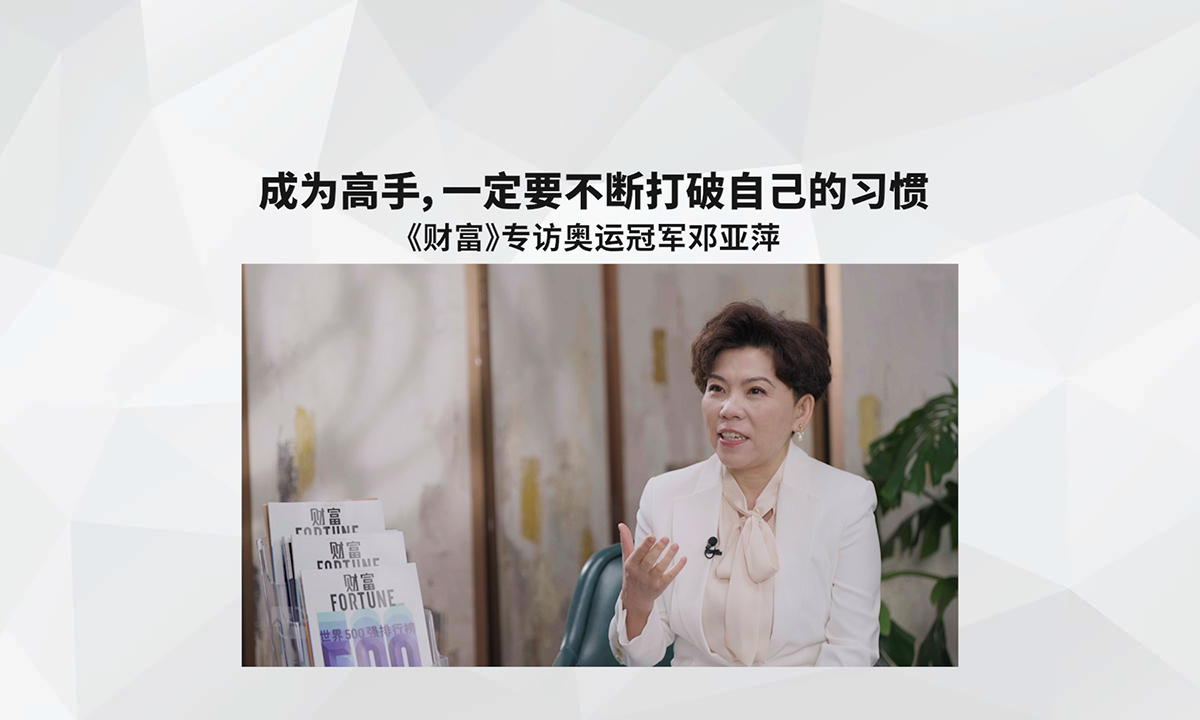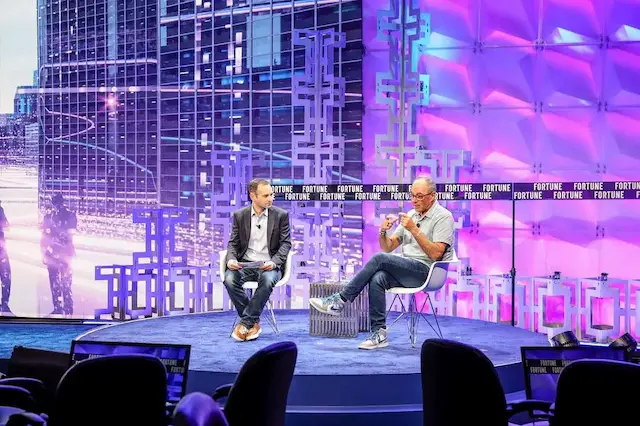Zuora创始人兼首席执行官:成功三分靠自身,七分靠环境
|
3. 如果有人希望像你一样干一番事业,你对他们有什么建议?
人们都觉得成功和创新来自于灵机一动。就像牛顿坐在苹果树下。苹果砸在头上就立即掌握了所有的物理定律。或者在家里坐着的时候想到了Dropbox这样的云存储业务,接下来就发现它价值10亿美元。他们寻找的似乎就是这样的灵光闪现,但实际情况不是这样。我们都会跟朋友见面,比如一起吃顿饭,席间大家会讨论这样或那样的主意,都盼望着吃完这顿饭之后马上就能建立起另一个Dropbox。但实际情况确实不是这样。你必须去寻找和追踪某个想法,必须让它成为现实。这需要很长时间。你得为了某个目标而艰苦跋涉,深入钻研,让自己沉浸其中并进行学习。你得设法完成这样的跨越,然后才能实现突破。
我最重要的建议就是找一个环境,能让自己沉浸在这样的目标之中,把它变为现实。我们想到Salesforce的原因是我们都从事企业软件工作,而且我们都因为互联网时代软件的局限性而苦苦挣扎。随后,我们用了十年时间才弄明白这到底意味着什么。在Zuora,我们也想这样做,想把我们的商业模式建立在订阅式经济的基础上。实际上,我相信成功只有30%来自人本身,另外70%则来自人所处的环境。但人们并不这样想——大多数人都认为成功完全来源于自身。因此,要选择环境,选择公司,选择同事,选择邻里街坊,选择自己所在的区域。因为在那里,你才有机会让自己沉下来,把高明的想法变成现实。
4. 你收到过的最佳建议是什么?
记得在2007年,我在一些想法之间游移不定,这时我去拜访了几位导师。那时我并不像别人那样,怀揣着“总有一天我会当上CEO”的想法。但当时我所想到的东西需要我辞职,成为一名CEO。因此,我问这些导师:“你觉得我准备好了吗?”一位高明的导师说:“你绝对准备好了。”让导师的建议把自己推出温室是最好的办法。
5. 接下来你想进行什么样的大项目?
我们让其他公司非常轻松地在订阅式经济中做自己想做的事。我们让它们很轻松地定价和做生意。接下来我想做的是给它们更多的情报。我们(的订阅平台)已经运行了六年,我们的系统中记录了很多交易信息,但一直没有加以利用。我们处在一个大数据和分析起决定作用的时代。我们掌握着所有的数据,把这些数据提供给客户,他们就能自行加以分析。但我觉得我们能做的比这好得多,我们可以告诉客户:“嘿,根据我们的分析,这样的定价方案更适合你们。”或者,“嘿,根据我们的分析,我们认为这些客户有消费升级潜力,他们能让你的收入提高10%。”我想在这方面我们的工作成果会好得多,而且我们的客户也会发现这确实有价值。
6. 你们公司现在面临着什么样的挑战?
公司的发展有不同的阶段。现在我们有大约350人。我要说,收入第一次达到1000万美元以及员工人数第一次达到150人左右是公司的摸索阶段。产品的市场在哪里?你的价值主张是什么?怎样定价?怎么销售产品?如何才能让顾客使用它?我们的下一个重大里程碑是收入达到1亿美元。在这样的体量和规模之下,公司才会真正进入和人有关的阶段。怎样让别人进入你的公司?那些认为自己能在你的公司里获得最充分成长和发展的高端人才在哪里?你如何让他们同心协力?怎样让他们更独立地工作?
我们的公司处在这样一个阶段:我们有一名CEO,但有350名ZEO。我们喜欢在所有的东西前面都加一个“z”。但你怎么才能让这350名ZEO都觉得充满动力,同时引导他们朝着同一个方向迈进呢?这是在当前规模下我们面临的最大挑战之一。我们希望自己能保持每12-18个月规模翻番的速度。我们想在短期内拥有1000名员工。但我们要建立怎样的机制才能让所有人都携手努力,以免功亏一篑呢?这就是目前我们面临的最大挑战。
7. 如果你的职业生涯中有件事可以重头来过,它会是什么?
现在我总是往国外跑,而且我总觉得在国外工作一、两年挺好。在我的职业生涯中有几次出国工作的机会,但我都放弃了。原因有很多,通常都和个人有关。但我觉得,现在的世界已经小了很多,科技传播的速度也快了很多,一个人必须具有国际化的眼界。我刚刚从亚洲出差回来。在那里,人们对手机和移动应用的使用实际上已经超过了美国,甚至超过了硅谷泡沫时期的美国。因此,我想鼓励现在的人们到国外去。试着在不同的地方工作,因为我觉得今后人们看世界的角度不应该再以美国为中心。 |
3. What advice would you give to someone who wants to do what you do? People think that success and innovation comes like a flash. You’re Isaac Newton, and you’re sitting below a tree. An apple falls on your head and boom: You have all these ideas about physics. Or you’re sitting around your house and have the idea for Dropbox, and the next thing you know it’s worth $1 billion. People seem to look for that “flash,” and it doesn’t work like that. We’ve all been with some friends, perhaps sitting around a diner, saying how about this idea, or that idea, and they’re hoping that during the course of a meal, they’ll come up with the next Dropbox. It just doesn’t work like that. You have to go and pursue an idea, and you have to work it out. It takes a long time. You plod away at something, and you try to go deep, immerse yourself, and learn. You try to take these leaps, and eventually, you hit upon your breakthrough. My biggest advice is to find the environment where you can immerse yourself and work it out. Our idea for Salesforce came because we were all in the enterprise software industry, and we were all struggling with the limitations of software in the age of the Internet. So we spent the next decade figuring out what that really meant. We’re trying to do same thing with Zuora with a business model built on the subscription economy. In fact, I believe success is only 30% based on you and 70% based on the environment you work in. People don’t think that way–most people think success is 100% due to themselves. So, pick your environment, pick the company, pick the people you work with, pick the neighborhood, and pick the area. Because that’s where you’re going to get the opportunity to submerge yourself and to work out your big ideas. 4. What is the best advice you ever received? I remember way back in ’07, when I was toying around with ideas, I went to a few mentors of mine. Now, I wasn’t one of these guys that said, “I’m going to be a CEO one day.” But I had this idea that was going to require me to leave my company to be a CEO. So I sought out my mentors and asked, “Do you think I’m ready?” A good mentor of mine said, “You’re absolutely ready.” Seeking mentors that give you advice to push you beyond your comfort zone is the best way to go. 5. What’s the next big project you want to tackle? We make it really easy for companies to do what they want to do in a subscription economy. We make it easy for them to set a price and to participate in commerce. The next thing I would love to tackle is giving them more intelligence. We’ve been [running our subscription platform] for six years, and we have a lot of transactions in our system. We haven’t been taking advantage of it yet. We’re in a day and age where it’s all about big data and analytics. We have all the data and give it to customers so that they can do they’re own analytics, but I think we can do a much better job telling people, “Hey, based on our analysis, here’s a pricing plan that would suit you better.” Or, “Hey, based on our analysis, we think that these are the customers that you can upsell and increase your revenues by 10%.” I think we can do a much better job of that, and our customers would find that really valuable. 6. What challenges are facing your business right now? Companies go through different phases. We’re about 350 people now, and I’d say the first $10 million in revenue, the first 150 or so employees, it’s about trying to figure out this company. What is the product market? What is your value proposition? How do you price? How do you sell the thing? How do you get customers to use it? Our next big milestone is $100 million in revenue, so at this size and scale, it winds up really being about people. How do you bring people into the organization? Where are the great players that see your company as the place where they can grow and develop themselves to the best that they can be? How do you keep them all aligned? How do you make them work more independently? We have this phrase in the company: We have one CEO, but we have 350 “ZEOs.” We like putting “z” in front of everything. But how do you have 350 ZEOs who feel empowered, and point them all in the same direction? That’s one of the big challenges of our scale. We hope we can continue on a track to keep doubling every 12 to 18 months. We want to be 1,000 people in the near future. But how do we put in a structure to have us all work together so that we don’t cave in on ourselves? That’s the biggest challenge we have right now. 7. If you could have done anything differently in your career, what would it have been? I do a lot of international travel now, and I always thought it would be good to work overseas for a couple of years. I had a couple of opportunities to do so in my career, and for various reasons, usually personal ones, I didn’t choose to take it. But I think in today’s world, where the world is much smaller, technology is spreading much faster, and you have to have an international perspective. I just did this trip through Asia, and their use of mobile phones and mobile apps actually exceeds what we have here, even in our Silicon Valley bubble. So I would encourage people today to move around internationally. Try to work in different places because I think you need perspective going forward as opposed to have a U.S.-centric view of the world. |











